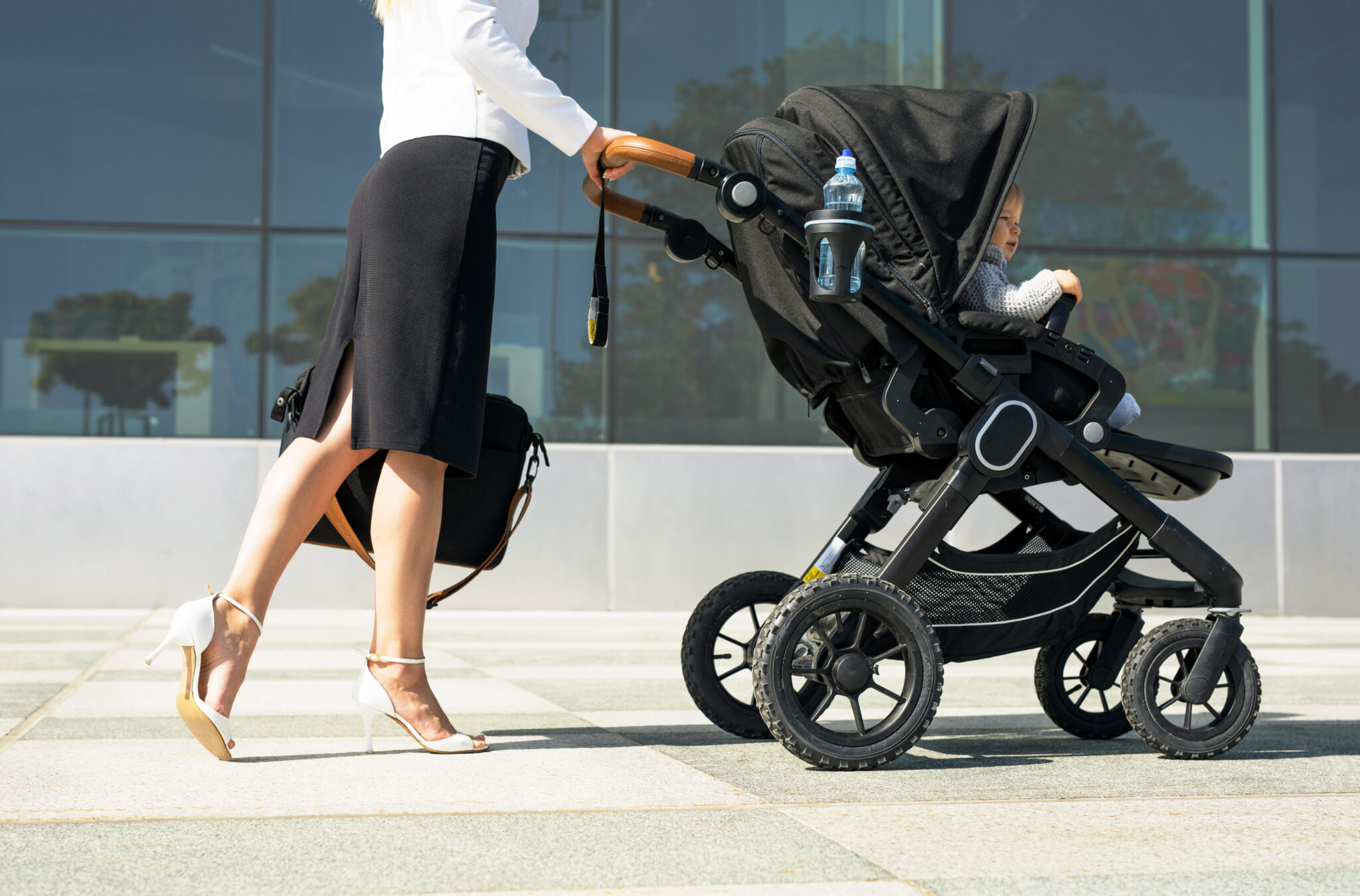Pet ownership has been a long-standing tradition among presidents; in fact, Donald Trump, who…
Part I: Mothers in Politics Are Underrepresented — Here’s Why That Needs To Change

In 2018, I ran for Congress with two toddlers in tow. I quickly realized our political system was not designed to include people like me — juggling childcare and raising children while campaigning for nearly two years, 18 hours a day with no pay and constant judgment. I knew that if I were elected, the hours would be even longer, the travel more grueling, and the criticism for serving as a mother even more intense.
After my campaign, I launched Vote Mama Foundation to break down the structural and cultural barriers mothers face while running for office and while fighting for truly family-friendly legislation. We work to change outdated policies that create these structural barriers, modernize our legislatures, and ultimately make it easier for moms to run and serve. Today, Vote Mama Foundation is the leading source of research and analysis about the political participation of mothers in America.
Last fall, we launched the Politics of Parenthood research series to answer a seemingly simple question: how many moms with kids under 18 are serving as legislators? It turns out this question was difficult to answer. Despite the fact that gender equity in politics is a widely researched topic, there was no publicly available data on the representation of mothers serving as legislators at any level of government — until now.
Our first report revealed that just 5.3% of state legislators are mothers with minor children. There are 7,383 state legislators, but only 0.16% have given birth in the last year, and only 3 of them are Black mothers. Is it any wonder the United States has triple the maternal mortality rate of other high-income countries, and Black women are nearly 3 times more likely to die from pregnancy-related complications than white women? There are only 4 states with full-time legislatures that pay their legislators a livable wage they can survive on without an additional income. It’s no coincidence that state legislators as a collective body tend to be whiter, wealthier, and older than the communities they represent.
The reality is our legislators are charged with solving challenges that most have never personally faced, and our nation’s policies are certainly a reflection of that. Only 11 states have passed paid family leave, and the United States is one of only a handful of countries with no national paid leave policy. In most states infant child care is more expensive than four-year public college. 36% of counties in the United States have no obstetric hospitals or birth centers and no obstetric providers. The United States is one of the least safe countries in which to give birth and to be born. Not having enough parents in office means less diverse legislative bodies that are disconnected from the policies that impact working families.
Politics of Parenthood also found that the majority of states have zero moms with minor kids representing them in Congress. Only 7 states have even half the number of moms with kids under 18 that are needed for full representation. In order to achieve equitable representation, Americans need to elect 59 more moms with minor kids to Congress and 926 more moms with state legislatures. Through continued research and advocacy, we aim to empower more moms to run for office and shape policies that positively impact the lives of all Americans.
In part two, we’ll break down how we can systematically address this gap to ensure equitable representation. To learn more about Vote Mama Foundation and the Politics of Parenthood research series, visit votemamafoundation.org






